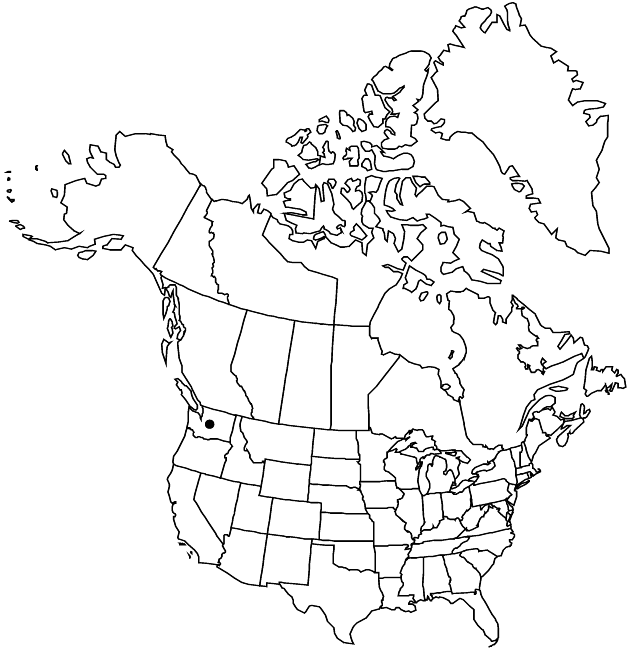Difference between revisions of "Erigeron poliospermus var. cereus"
Brittonia 6: 194. 1947.
imported>Volume Importer |
imported>Volume Importer |
||
| Line 50: | Line 50: | ||
|publication year=1947 | |publication year=1947 | ||
|special status=Endemic | |special status=Endemic | ||
| − | |source xml=https:// | + | |source xml=https://bitbucket.org/aafc-mbb/fna-data-curation/src/2e0870ddd59836b60bcf96646a41e87ea5a5943a/coarse_grained_fna_xml/V19-20-21/V20_592.xml |
|tribe=Asteraceae tribe Astereae | |tribe=Asteraceae tribe Astereae | ||
|genus=Erigeron | |genus=Erigeron | ||
Latest revision as of 21:04, 5 November 2020
Stems branched at or proximal to midstem, glabrous or sparsely hirsute, densely minutely glandular; branches and basal leaves originating on elongate internodes from proximal 1–6 cm of primary stems. Heads 1–3. Involucres glabrous or sparsely hirsute, densely minutely glandular. Ray florets 15–45.
Phenology: Flowering Apr–Jul.
Habitat: Shallow rocky soil, sagebrush plains
Elevation: 200–600 m
Discussion
Variety cereus grows in Chelan, Douglas, Grant, and Kittitas counties, apparently occurring as an enclave within the range of the typical variety. The vestiture and elongate proximal internodes of var. cereus are distinctive even within the group of species most closely related to Erigeron poliospermus; intergrades with typical E. poliospermus in vestiture and habit appear to be relatively common. Analogous variants occur within E. concinnus and are recognized at varietal rank.
Selected References
None.
